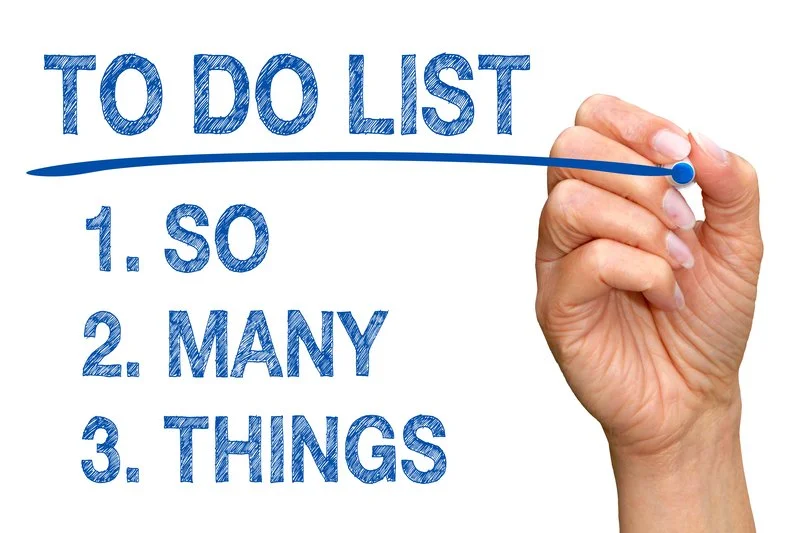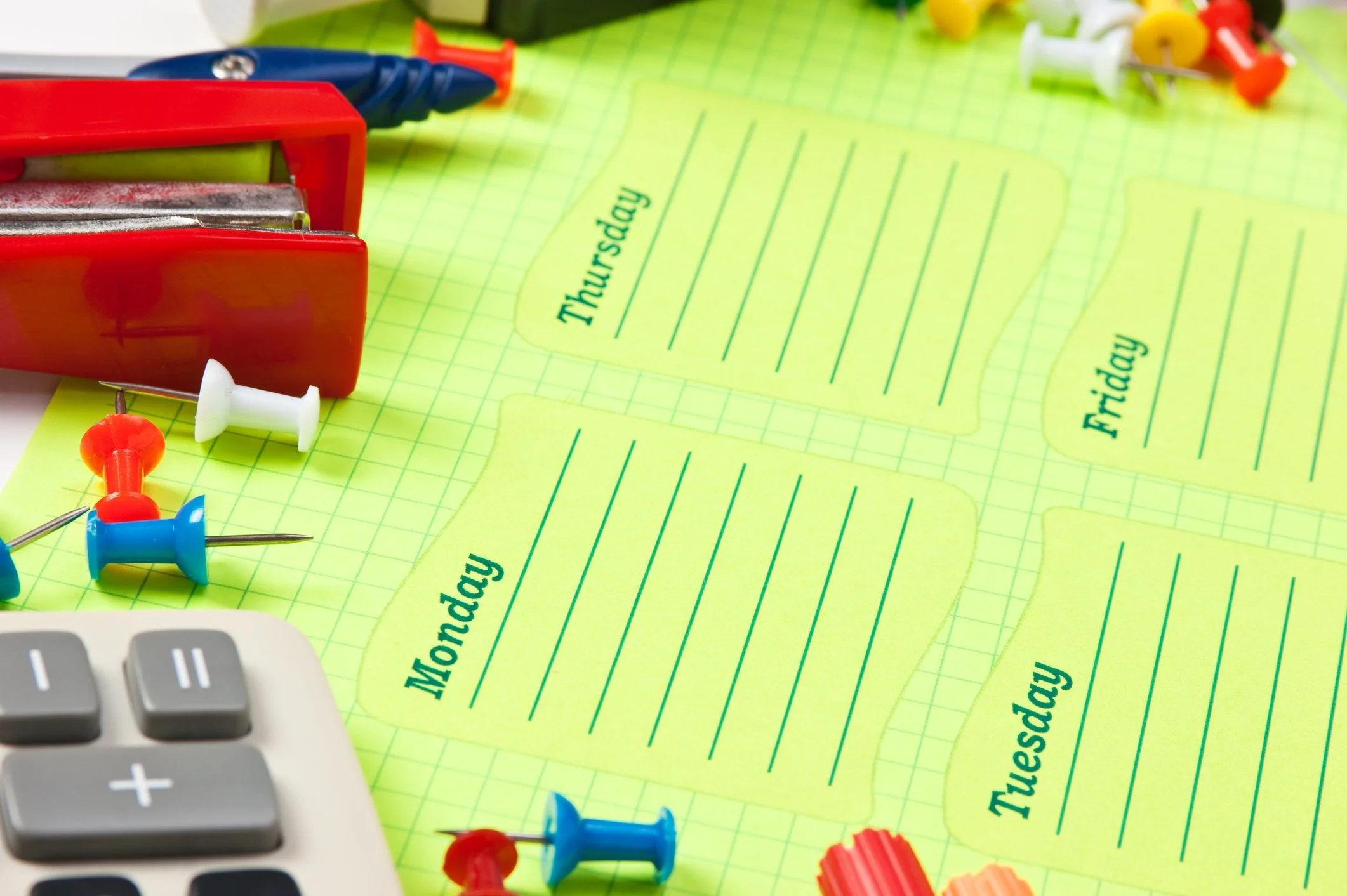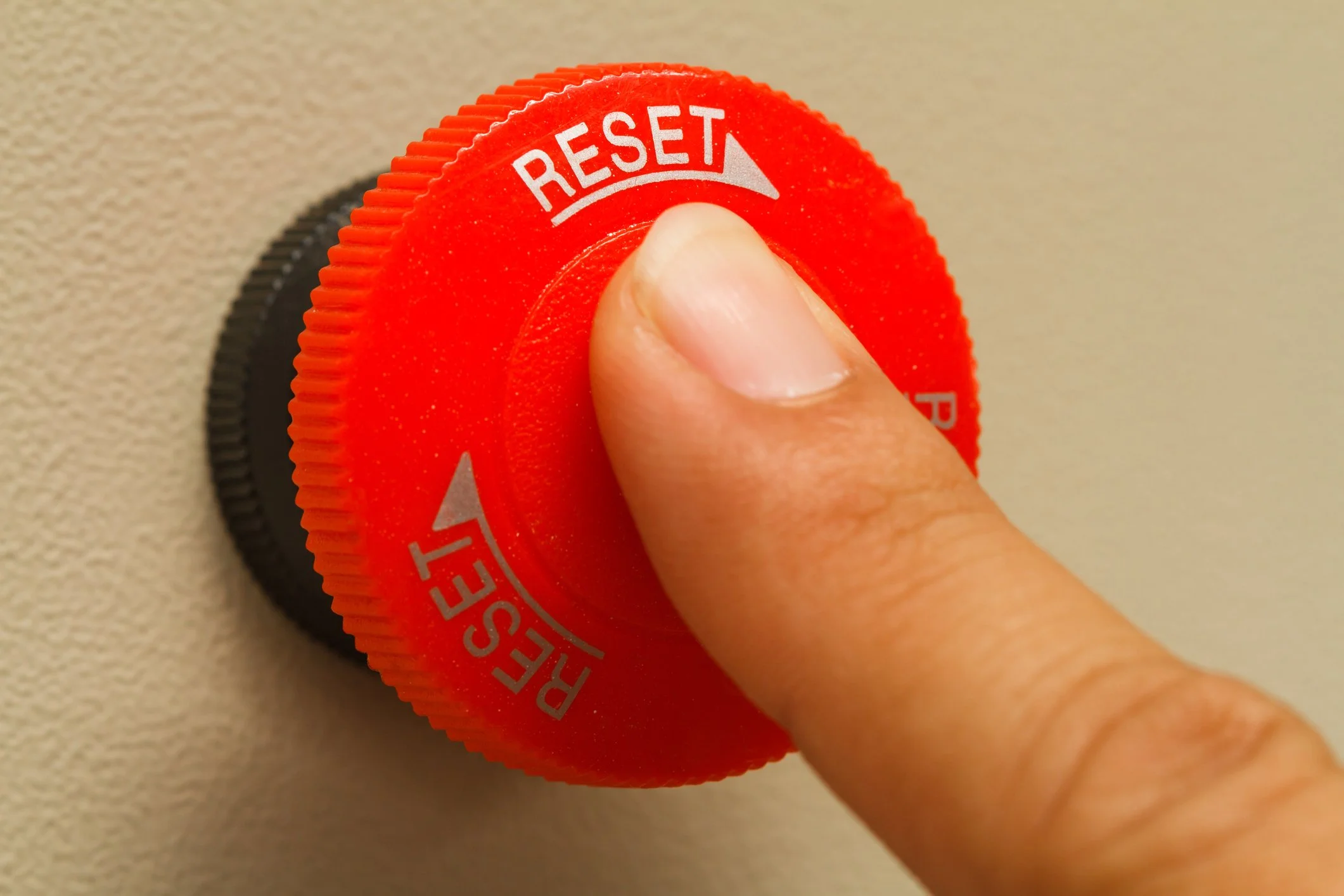Ahh, work-life balance — we all crave it, yet it seems so incredibly difficult to achieve. With a constantly changing workplace, it’s easy to say “It’s impossible….my job is just too demanding.” Add to that the extra chores related to the holiday season while simultaneously juggling end-of-year projects and reporting, and it can especially become an uphill battle.
I’m often asked, “What do I mean, never check email in the morning? At all?” I’m not against this powerful communication tool, but it’s also highly addictive. Research shows people now spend an average of 19 hours a day on screens. Can you just imagine all the things you could check off your to-do list by cutting down your email time?
The busier our lives get, the harder it can be to find time for fun and hobbies. Of the four kinds of renewal, I describe in my S.E.L.F. Formula, the F /stands for” fun.” We need fun in our lives. It recharges us in a way that nothing else does, just like exercise releases endorphins, fun releases feel-good hormones that fuel our happiness and well-being. It nurtures our souls and energizes us in a way that helps us navigate life’s challenges more easily. Hobbies even make us better at our jobs, according to research published in Harvard Business Review, providing stress reduction, higher energy, and increased levels of creativity.
We've all been there – falling off the exercise wagon and trying to find the motivation to jump back on. When we struggle with jump-starting our exercise routines, we beat ourselves up and experience feelings of disappointment, judgment, and failure, all of which do nothing actually to help solve the problem. So how can we kick-start our exercise routine when we've veered off course?
So you finally made it to bed. You’ve done your bedtime routine and turned off all the lights. You’re exhausted, fully prepared for sleep, but your mind won’t stop racing — overwhelmed with thoughts, feelings, and to-dos. The longer it takes you to fall asleep, the more anxious and stressed out you become, which, in turn, makes it even harder for you to drift off to sleep. Once your head hits the pillow, how do you actually relax into a peaceful slumber so that you receive the full benefit of a restful night?
Check out this week’s blog for a few ways to clear your head and surrender yourself to the pleasures of sleep.
Summer is here, and for many, that means vacation season. Whether you stay local or travel someplace new and exciting, changing your routine and scenery provides a wonderful opportunity to refresh and reset your body, mind, and spirit.
Our hobbies, passions, and the things we do for pure relaxation fuel and restore us physically, emotionally, and even spiritually in the most efficient way imaginable. Renewal activities provide care and nurturance for our souls — providing us with the energy we need to get through everything work and life throws at us. Yet, even though we know that and crave time for renewal, it can be very hard to make it happen.
Happy Summer! I hope that wherever you are, you are enjoying the shift in rhythm that comes with longer days of sunlight, warm weather activities, opportunities to get together with friends, outdoor concerts and festivals, and the ability to connect to nature by just being outside.
To that end, we are kicking off a series called Self-Care Summer. From now until Labor Day, we’ll be sharing Blogs with concrete ways to re-fuel our bodies, minds, and souls.
Are you getting less done in a day than you used to? Do the days when you could speed through your to-do list, checking off one task after another, seem like a distant dream? I’ve lost count of the number of clients over the past few months who have told me that they used to be able to put fourteen things on their to-do list and knock them all out. Now, they put fourteen things on their list, but they're lucky if they get through eight of them. They end up feeling frustrated, disappointed, and like they're failing themselves.
Let’s talk about the global challenge of back-to-back meetings. In many (dare I say most) companies, back-to-back meetings have become part of the time culture. The last three years of remote work have exacerbated the problem exponentially. How does anyone get any work done? What is the impact on productivity?
We all have the best intentions to contain our work to the workday and create clear boundaries between our work and personal lives. But what happens when you truly must get back online to work in the evening after dinner, social or family time to keep on top of your workload? I hear it often from clients. It’s a common struggle to have more to do than fits in a workday.
What I like about the 4 D’s is they challenge our automatic thinking about how to approach any task. And it’s often helpful to have someone apply the 4 D’s with us, because we often don’t have enough objectivity to see new ways of doing things on our own.
How do you fit the time in to exercise in the midst of your busy work and home lives? Once you are out of the habit, I know it’s hard to get the motor turned back on and start exercising regularly. Many people think exercise means 60-90 minutes three times a week, at the gym or in a class. And it can be difficult to break out of that notion; it’s how most of us used to exercise. You may have adopted an all or nothing mentality: you know it’s impossible to exercise as much as you once did, so you stop altogether.
It’s not just retirement that can put us in this situation. Sudden job loss, illness, or choosing to stay home to raise kids all remove the external structure generated by our work lives. As much as we may sometimes feel slaves to our work schedules, the structure is also powerful and grounding, as an organizing principle for our lives. So, how do you organize your days to be meaningful and fulfilling when you are not tied to an outside schedule?
You can fortify your willpower with some very practical actions that make it easier to stay on track. Instead of just asking, ‘How do I maintain my discipline to eat healthy’, the question you can ask is, “How do I organize my time and space to encourage eating in a healthy way?” That slight shift in approach can set you up for success, giving you the scaffolding and support you need to follow through on your goals.
What gets in the way? I think it’s that we remember the days when we exercised (or ate well) regularly, and nothing could keep us from staying on plan. The rewards were so powerful and immediate, our motivation was unshakeable at that time. And now, we are waiting for that same feeling to come back to motivate us to go out the door. But when the engine has been cold for a while, it’s hard to summon that feeling.
The culture and habit of instant response causes us to be anxious about being “off-line”, even for just a couple of hours. It’s common to think that deep work is “your” work, while meetings and email requests are “other” people’s work. But the truth is the focused work you are doing is really the team’s and company's work. It’s also where you make your unique contribution, so there is no better time to do deep, focused work than during your prime working hours.
What causes us to procrastinate going to bed? Sleep problems can be caused by a whole range of issues, and there is no one size fits all solution. But in my work as a time management coach I’ve noticed some common themes that can be fixed with a few simple steps. The solution lies in restructuring our evenings so we are set up for a good night’s sleep. Here’s how…
Since the challenges of disruption and uncertainty are here for the foreseeable future, we have to find ways to restore our energy and motivation while we ride the waves of change. When the world feels out of control, Consider that you don’t have to wait for a vacation, or for the project to be done. Instead a couple of small tweaks today can make a big difference to restoring your ‘mojo’.
Technology can be a huge boost to productivity, but it can also be a drain. Let's be honest. Our devices take up a lot of our time. Consider how much of that screen time actually nurtures our goals and wellness? Then think about quality time with family and friends and how crucial those relationships are to keeping our work-life balance.
I think I speak for most of us when I say it has been an exhausting past few years. All of us have experienced so much upheaval and uncertainty in both our personal and professional lives that many of us are suffering from burnout. Medical professionals define burnout as a response to prolonged stress that leaves you feeling emotionally and physically drained and exhausted. If you find yourself constantly fatigued, emotionally numb, and unable to keep up with life’s incessant demands, you may be suffering from burnout.
While having a bustling schedule may be a necessary part of your role, it can also leave you in a state of stress. Everyone has had that moment when they struggle to pivot and make schedule arrangements when something inevitably changes for the week. Unfortunately, these sudden changes can leave you in a constant state of anxiety that can impact your work and keep you from focusing during your downtime.
While a hybrid work environment proves beneficial for most people, it still leaves some just a little confused. During the pandemic, more and more companies found hybrid work environments more useful for getting the work done and since then it has become a normal way of working.
We hear a lot about meeting overload - too many meetings or back-to-back meetings. A lot of us have developed poor meeting habits during COVID, where the only way to drive work forward was through meetings. We now have to be intentional about meetings. To be highly effective we must open up space to actually do the work that meetings generate.
We all know we need time for renewal. We are all tired, worn out, frazzled. What often gets in the way is what lives in our hand, in our pocket, on the table close by - our phone!
Burnout is everywhere these days. Executive burnout. Employee burnout. Almost two years into the pandemic and burnout is hitting record levels, according to recent research from McKinsey and Lean In.
I’ve been there, and I know how common it is among executives to thrive on business achievements; however, after a while, this catches up to them. Work fills up the majority of their life, and their bodies begin begging them for a bit of reprieve. So, how can we kick burnout, fuel creativity, and return to the role of a high-functioning, energized executive?
Self-care should be a vital part of everyone’s daily routine. Explore a few self-care strategies to help you think like a productivity expert and start putting your own needs first.






























Last Friday, I ended up working much later than I’d planned—and it took its toll on me. At 5:30pm, I was wrapping up my week at the office and looking forward to dinner plans with a friend who was in town. Unfortunately, at the last minute, my friend texted me that she wasn’t feeling well, and needed to cancel our dinner.